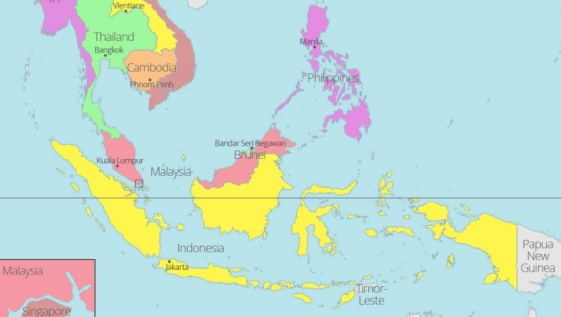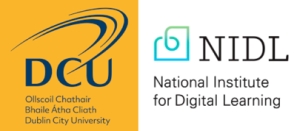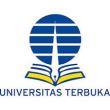This is the second post in a series describing some of the recent externally funded projects secured by the NIDL team at Dublin City University (DCU). In partnership with Tampere University of Applied Sciences, the NIDL was successful in securing almost €1m of external funding for a project intended to promote equity and access to higher education through Open and Distance Learning (ODL). Known as the BUKA Project, the aim is to help enable increased access to higher education for people in rural and remote regions as well as those with diverse backgrounds (e.g. mature age students, working students, first-in-family students, students with learning difficulties) in Malaysia, the Philippines and Indonesia. Local partner universities include:
- Wawasan Open University
- Open University Malaysia
- Universitas Terbuka
- Universitas Negeri Padang
- University of the Philippines Open University
- Mindanao State University – Iligan Institute of Technology

 All Partner Countries belong to Region 6, Asia. When designing the project, special care has been taken to involve the key decision makers in all the partnering universities as key staff in the BUKA project. This is to ensure that the project deliverables align with local institutional priorities and the project team helps to develop local solutions for local problems.
All Partner Countries belong to Region 6, Asia. When designing the project, special care has been taken to involve the key decision makers in all the partnering universities as key staff in the BUKA project. This is to ensure that the project deliverables align with local institutional priorities and the project team helps to develop local solutions for local problems.
 This European funded project falls under Project Category 2, “Improving Management and Operation of Higher Education Institutions”, and, more specifically, under “Equity, Access to, and Democratisation of Higher Education”, including disadvantaged groups and regions.
This European funded project falls under Project Category 2, “Improving Management and Operation of Higher Education Institutions”, and, more specifically, under “Equity, Access to, and Democratisation of Higher Education”, including disadvantaged groups and regions.
The specific objectives of the project include:
- Building the capacity of teaching, technical and instructional design staff in the partner HEIs in inclusive instructional design and learning analytics;
- Improving learner engagement and retention through inclusive instructional design and learning analytics;
- Improving pedagogical and technical accessibility of online and blended learning materials; and,
- Providing more effective and personalised support for online distance learners in partner HEIs.
The first project meeting takes place in Malaysia in early February 2020 but members of the project team will also meet up at November’s ICDE World Conference on Online Learning in Dublin.










 At DCU we have adapted the ‘classic’ materials to suit important strategic priorities such as flexible learning modes, enhanced feedback mechanisms, and Universal Design for Learning (UDL). Furthermore, by using the approach with several teams, evaluating it, and learning how different aspects perform on the ground, we hope to continue to develop our own expertise in using the approach in different contexts. We also plan to do our bit to promote conversations amongst the Irish learning design community about using and tailoring the method to optimum effect.
At DCU we have adapted the ‘classic’ materials to suit important strategic priorities such as flexible learning modes, enhanced feedback mechanisms, and Universal Design for Learning (UDL). Furthermore, by using the approach with several teams, evaluating it, and learning how different aspects perform on the ground, we hope to continue to develop our own expertise in using the approach in different contexts. We also plan to do our bit to promote conversations amongst the Irish learning design community about using and tailoring the method to optimum effect.